Over the past few decades, organic food has gained a lot of popularity. Many people choose organic products because they believe they are healthier, safer, and more nutritious than foods made in a conventional way. However, is there solid scientific evidence to back up these assertions? Let’s find out what the facts are about organic food and how it affects health.
1. What is meant by “Organic”?
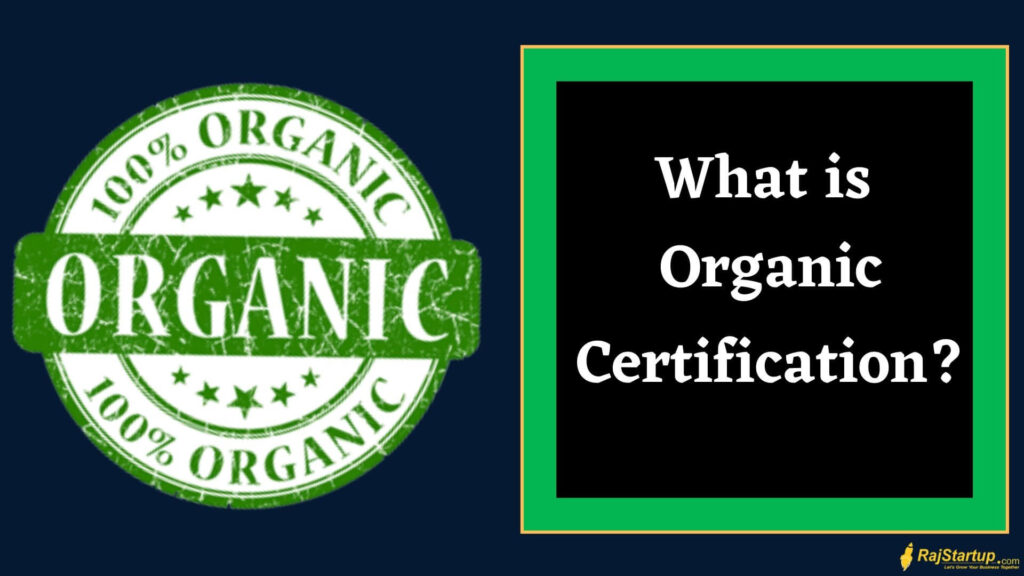
Produced in accordance with specific agricultural standards that vary from nation to nation, organic food typically emphasizes the use of natural ingredients and processes. Synthetic pesticides, fertilizers, genetically modified organisms (GMOs), antibiotics, and hormones are typically avoided in organic farming practices.
Additionally, practices that support soil health, biodiversity, and ecological equilibrium are frequently included in organic certification.
2. Quantity of nutrients:
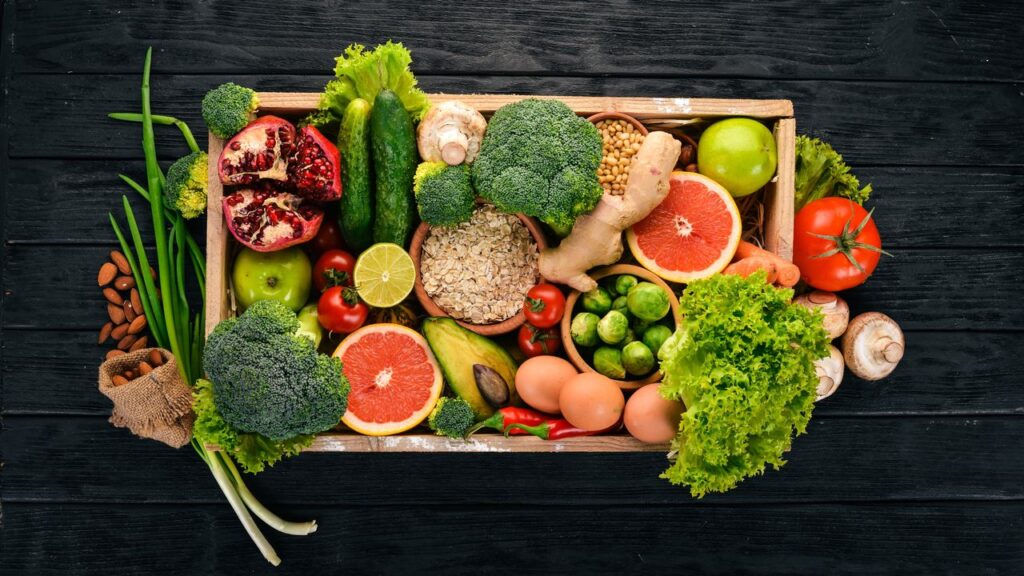
Minerals and vitamins: There have been mixed results from studies comparing the nutritional content of organic and conventionally grown foods. Organic foods may have slightly higher levels of certain vitamins, minerals, and antioxidants, according to some research, while other research finds no significant differences.
Antioxidants: A few studies have suggested that organic vegetables and fruits may contain more antioxidants—compounds that shield cells from damage—than conventional produce. However, the variety of food, the conditions under which it was grown, and the degree of freshness of the produce can all influence the amount of variation in nutrient content.
3. Residues of Pesticides:
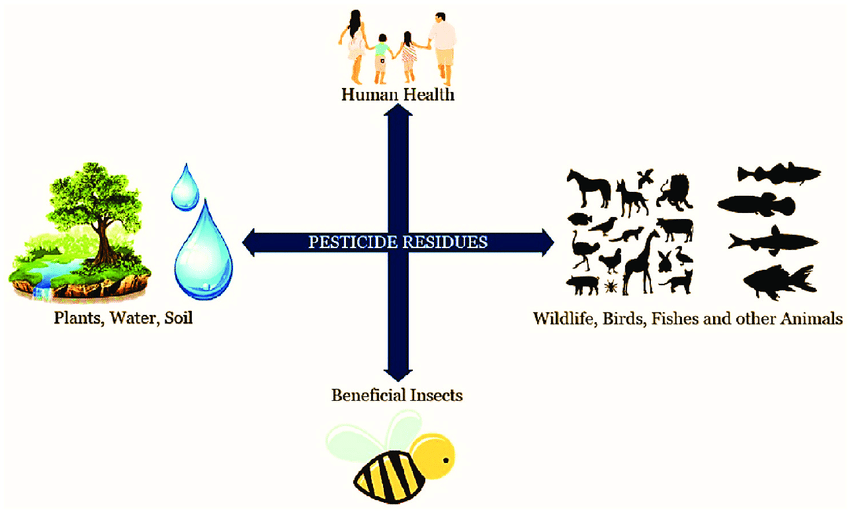
To avoid being exposed to synthetic pesticides, many people choose organic food. When compared to conventional produce, the concentration of pesticide residues is typically lower in organic produce. However, it is essential to keep in mind that the concentrations of pesticides found in produce grown conventionally typically fall well below the safety limits established by regulatory agencies.
Natural pesticides can be used in organic farming, but most people think they are safer than synthetic alternatives.
4. Exposure to Chemicals and Food Safety:
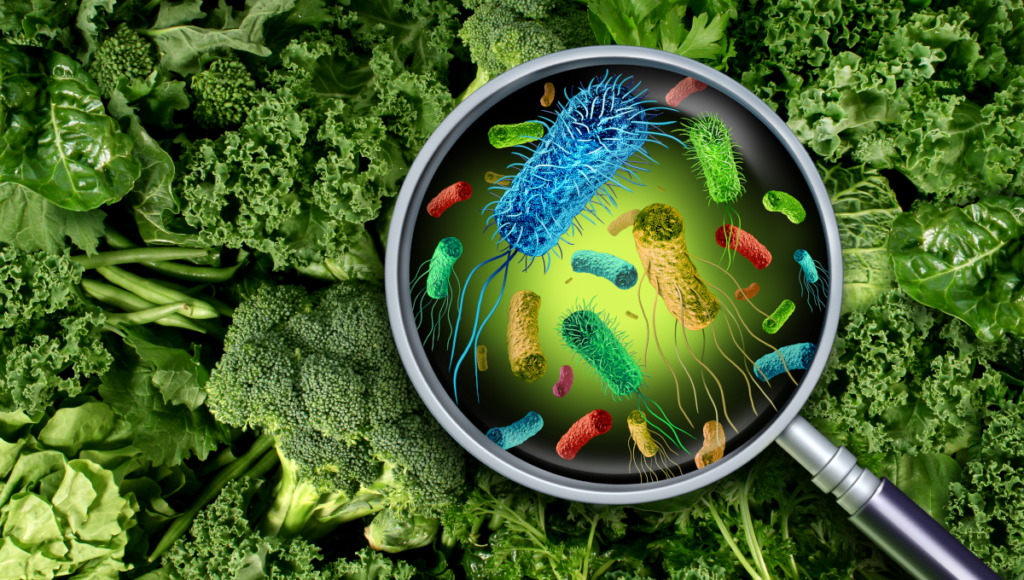
Because it contains fewer synthetic chemicals, organic food is frequently regarded as safer. Although it is true that organic foods contain fewer residues of pesticides, the majority of scientific assessments indicate that the minimal health risks posed by the low levels of pesticides on conventional produce are negligible.
Organic foods do not necessarily have a lower incidence of food safety issues like contamination with harmful bacteria like E. coli and Salmonella. Regardless of whether the food is organic or conventional, safe handling, storage, and preparation are essential.
5. Effect on the Environment:

Because it promotes practices that reduce pollution, conserve water, reduce soil erosion, increase soil fertility, and use less energy, organic farming is generally regarded as being better for the environment than conventional farming.
Additionally, organic farming tends to be better for biodiversity because it supports a wider range of animals, insects, and plants.
6. Quality and Taste:
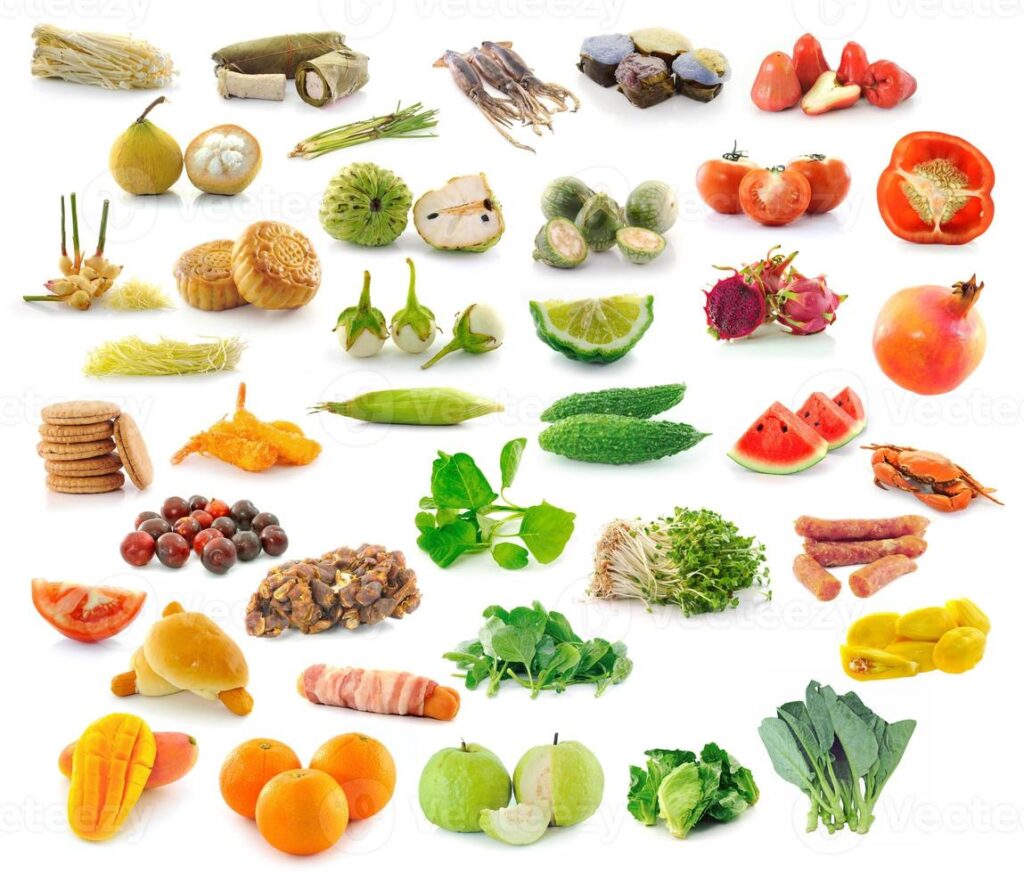
Although taste is subjective and can be influenced by factors such as freshness, variety, and growing conditions, some consumers believe that organic foods taste better than foods grown conventionally.
Personal preference plays a significant role in whether organic food is consistently superior in taste or quality.
7. Costs to Consider:

Due to the higher costs of organic farming methods, organic food typically costs more than conventional food. Organic food may be more difficult to obtain for some consumers because of the price difference.
Conclusion:
Scientific evidence does not strongly support the claim that organic food is significantly healthier than conventional food. The overall nutritional differences between organic and conventional foods are typically minimal, despite the fact that organic foods may provide some advantages, such as lower levels of pesticide residue and possibly higher antioxidant levels.
Organic food choices can be a part of a healthy diet, but they are not the only way to eat well. The most important aspect of health maintenance is eating a well-balanced diet full of fruits, vegetables, whole grains, and lean proteins—whether organic or conventional.
Fruits and vegetables that have been thoroughly washed can significantly reduce residues for those who are concerned about exposure to pesticides.



GIPHY App Key not set. Please check settings